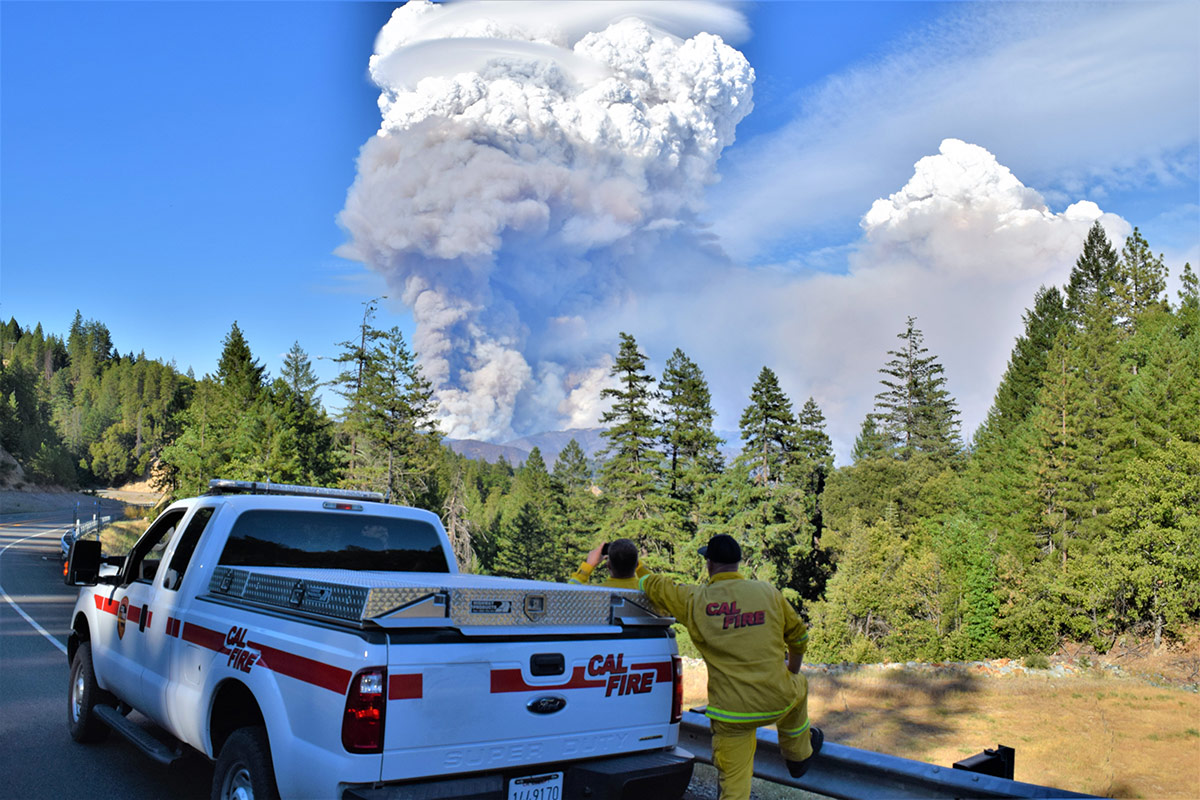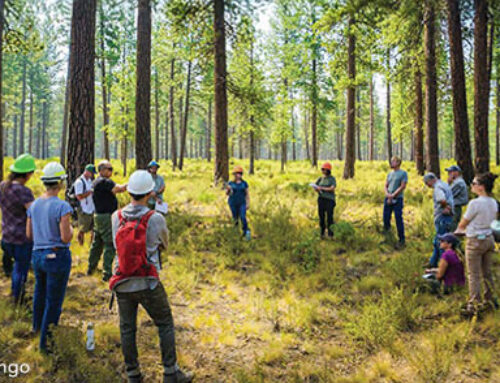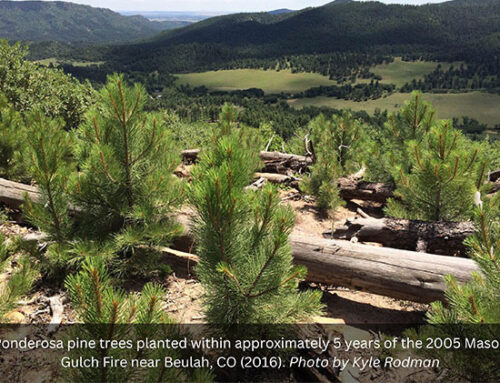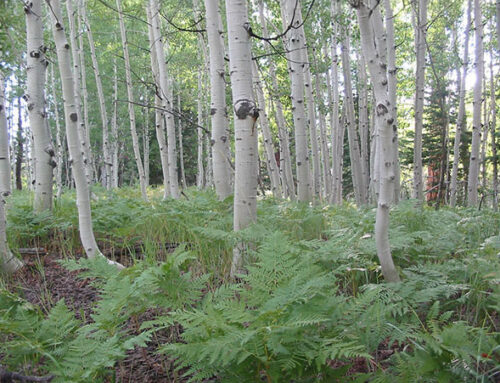As much of the Southwest US grapples with high temperatures and drought conditions this summer, a new white paper describes how those factors contribute to increased wildfire size, severity and frequency.
The paper, “Wildfire Trends Across the Western US: Forest Fires Have Increased in Size, Severity, and Frequency Across Western Forests,” summarizes the conclusions of a preponderance of literature analyzing changes to the wildfire season across the western US since 1950. It responds to a minority of critics that maintain that changes in wildfire size, frequency and severity are consistent with historical conditions. The increase in the number of wildfires and area burned in most forested regions of the West are a result of dense forests with high fuel loads, rising temperatures, increased drought, longer fire seasons, below-average winter precipitation, and earlier spring snowmelt.
This publication strikes up another timely discussion on living with wildfires, wildfire prevention and large-scale restoration efforts.




